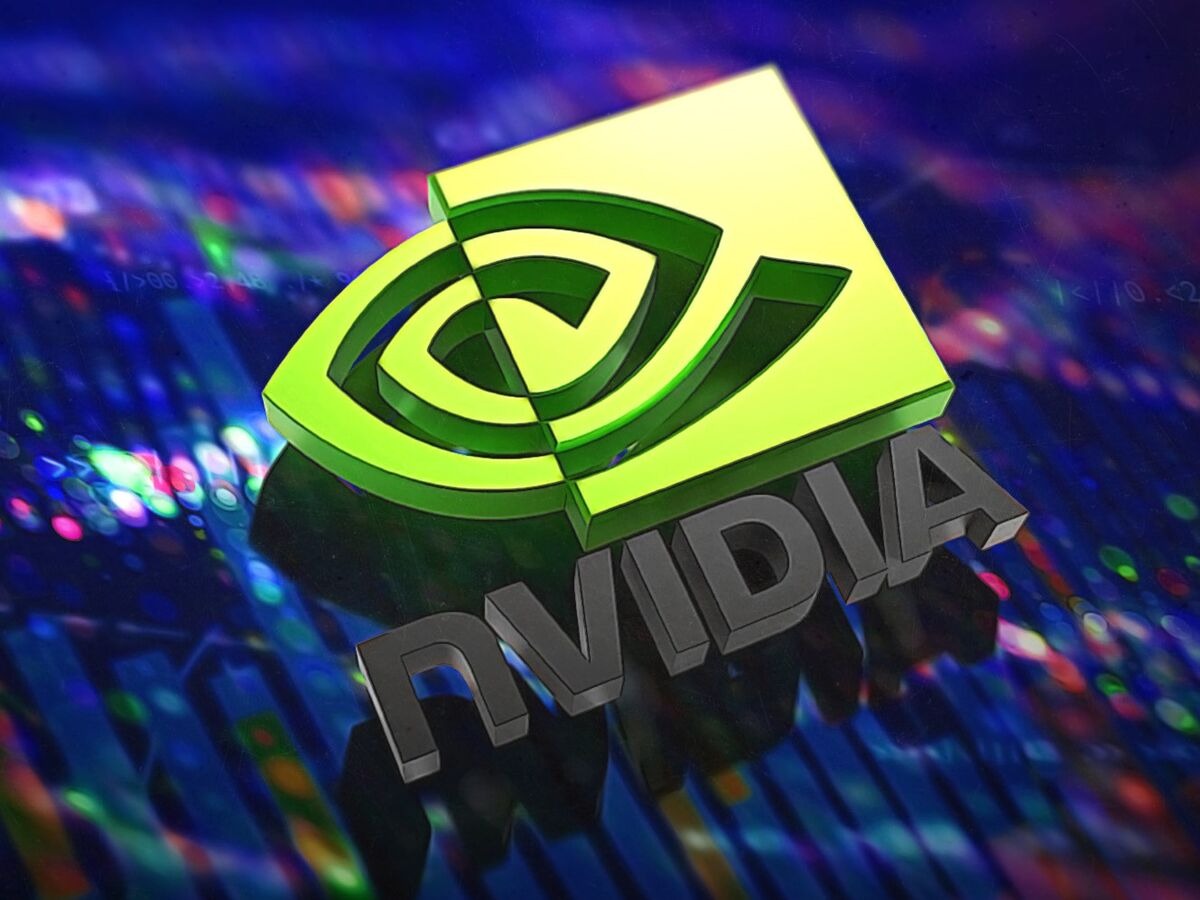


Image Credit: Bloomberg
Asian technology stocks took a hit following Nvidia Corp.’s announcement that the U.S. government would require a license to export its H20 chips to China, marking a further escalation in the ongoing trade restrictions. While tech stocks had rallied earlier this week after President Donald Trump suspended tariffs on electronics, the new measures underscore how the U.S.-China trade war extends far beyond just import taxes. These restrictions could hurt the semiconductor sector’s earnings and hinder China’s ambition to become a leader in global technology.
Tomo Kinoshita, a global market strategist at Invesco Asset Management, stated that the move stems from concerns over China's growing presence in the electronics sector, and it’s likely to become a long-term policy. He added that the decision would likely have a significant negative impact on the semiconductor supply chain. Nvidia has already warned of approximately $5.5 billion in related charges for its fiscal first quarter, causing its shares to drop by 5% in late U.S. trading on Tuesday.
Key suppliers were also affected by the news. Korean memory maker SK Hynix Inc. saw a drop of up to 3.8% on Wednesday, while Japan’s Advantest Corp. fell by 7.8%, continuing its decline after chip equipment maker ASML Holding NV in the Netherlands warned that tariffs were clouding its profit outlook. Taiwan Semiconductor Manufacturing Co., a major foundry, experienced a 2.9% drop.
Ken Hui, an analyst at Bloomberg Intelligence, mentioned that TSMC had already planned to slow its production expansion due to a weaker economic outlook, and the tighter regulations on Nvidia’s China sales could further slow down its growth. The new restrictions have raised concerns in China that its access to global tech hardware may be increasingly restricted. Exports of advanced chips and equipment to China are already prohibited, and the H20 chip, a less powerful version, was designed to bypass such limitations.
Despite optimistic hopes raised by DeepSeek, which suggests advancements in artificial intelligence and other technologies can be achieved without the most advanced chips, Chinese tech giants could still face setbacks if the restrictions continue. Alibaba Group Holding Ltd. fell as much as 5.4% in Hong Kong on Wednesday, and Baidu Inc. dropped by 3.3%.
Tim Waterer, chief market analyst at KCM Trade, emphasized that the ongoing tension between the U.S. and China regarding semiconductors highlights the vulnerability of tech stocks. Many prominent players in Asia’s tech space rely on the H20 chip, and any disruption to its supply could weigh heavily on the broader sector.
On the flip side, China is continuing its efforts to become self-sufficient in technology, although its companies still lag behind global leaders like Nvidia. However, some Chinese hardware stocks bucked the regional trend on Wednesday. Hua Hong Semiconductor Ltd. rose by 6.6% in Hong Kong, and Advanced Micro-Fabrication Equipment Inc. gained 2.1% in Shanghai.
Vey-Sern Ling, managing director at Union Bancaire Privee, pointed out that China’s AI innovation is thriving, and while the H20 ban might not directly impact it, it could accelerate the use of domestically produced chips. Though Chinese-made AI chips may not match the performance of Nvidia’s H20, Ling argued that China has already proven it can develop innovative AI models despite U.S. restrictions.
Paraphrasing text from " Bloomberg"all rights reserved by the original author